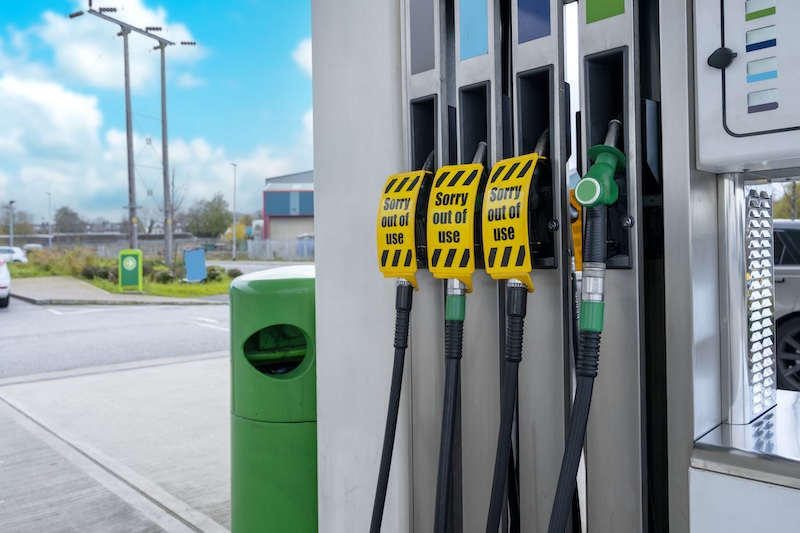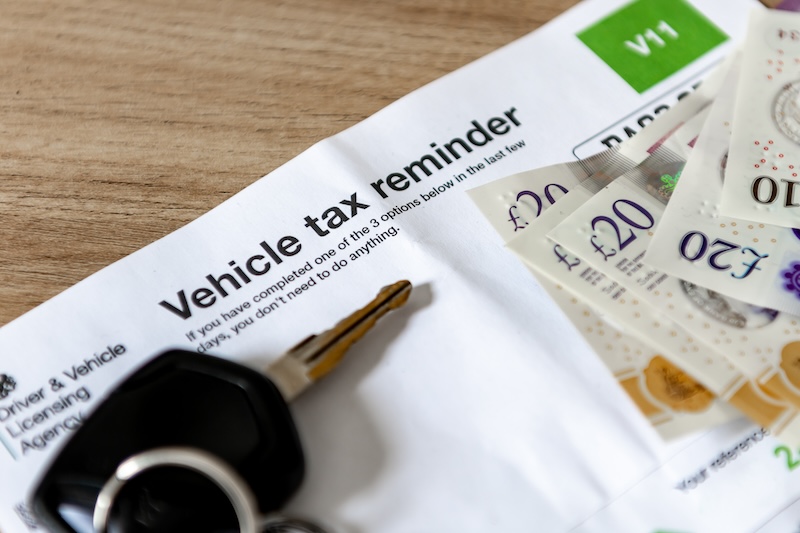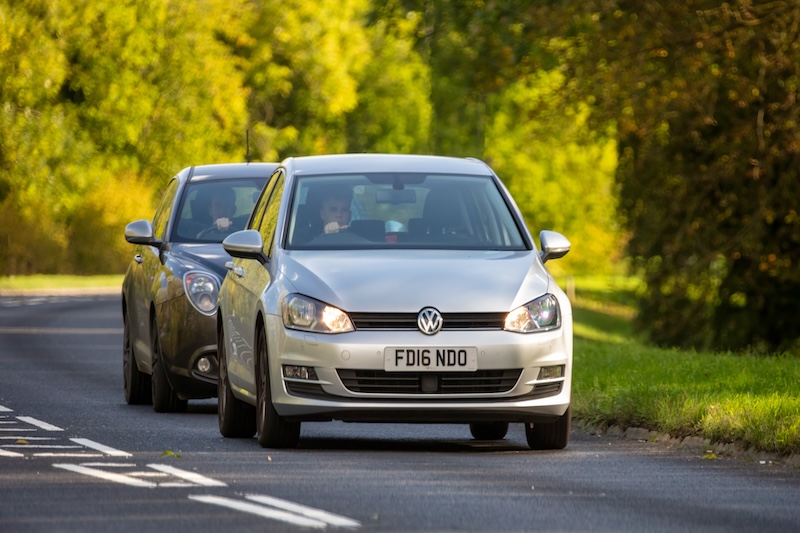Everything you need to know about the ban on new petrol and diesel cars

The ban on the sale of new petrol and diesel cars will come into effect in 2030
The Government has confirmed it will ban the sale of new petrol and diesel cars by 2030, but what does this really mean for motorists?
Labour confirms 2030 date for the ban
Secretary for Transport, Heidi Alexander, has confirmed ‘no new petrol or diesel cars will be sold after 2030′. This comes after the previous Conservative Government pushed the ban back to 2035.
2030 is the official deadline for the ban on the sale of new petrol and diesel cars, and 2035 has been confirmed as the deadline for manufacturers to make ‘all new cars and vans 100 per cent zero emission’.
How will the ban affect drivers?
Essentially, it means that you won’t be able to buy a new petrol or diesel vehicle after the ban comes into effect. It hasn’t been confirmed whether drivers will be able to buy new hybrid or alternative fuel vehicles.
The ban doesn’t stop you from driving a petrol or diesel vehicle you already own. You’ll also be able to buy used petrol and diesel cars.
There are likely to be disincentives in order to stop drivers from using petrol and diesel cars and instead switch to electric vehicles (EVs). There could be extra taxes, increased fuel fees or even parking restrictions once EV chargers become more widespread.
What are the next steps?
Heidi Alexander has announced a consultation with the Department for Transport (DfT) to help clarify details surrounding the ban. The consultation will end on 18 February 2025. The DfT will then work with stakeholders (ie manufacturers and drivers) to implement suggestions to make the transition easier.
If you’d like to have your say regarding the issue, you can visit the government website and fill out a response form or write an email.
If you’re worried about your carbon footprint, check out 1st Central’s guide to green driving before the ban comes into effect.


